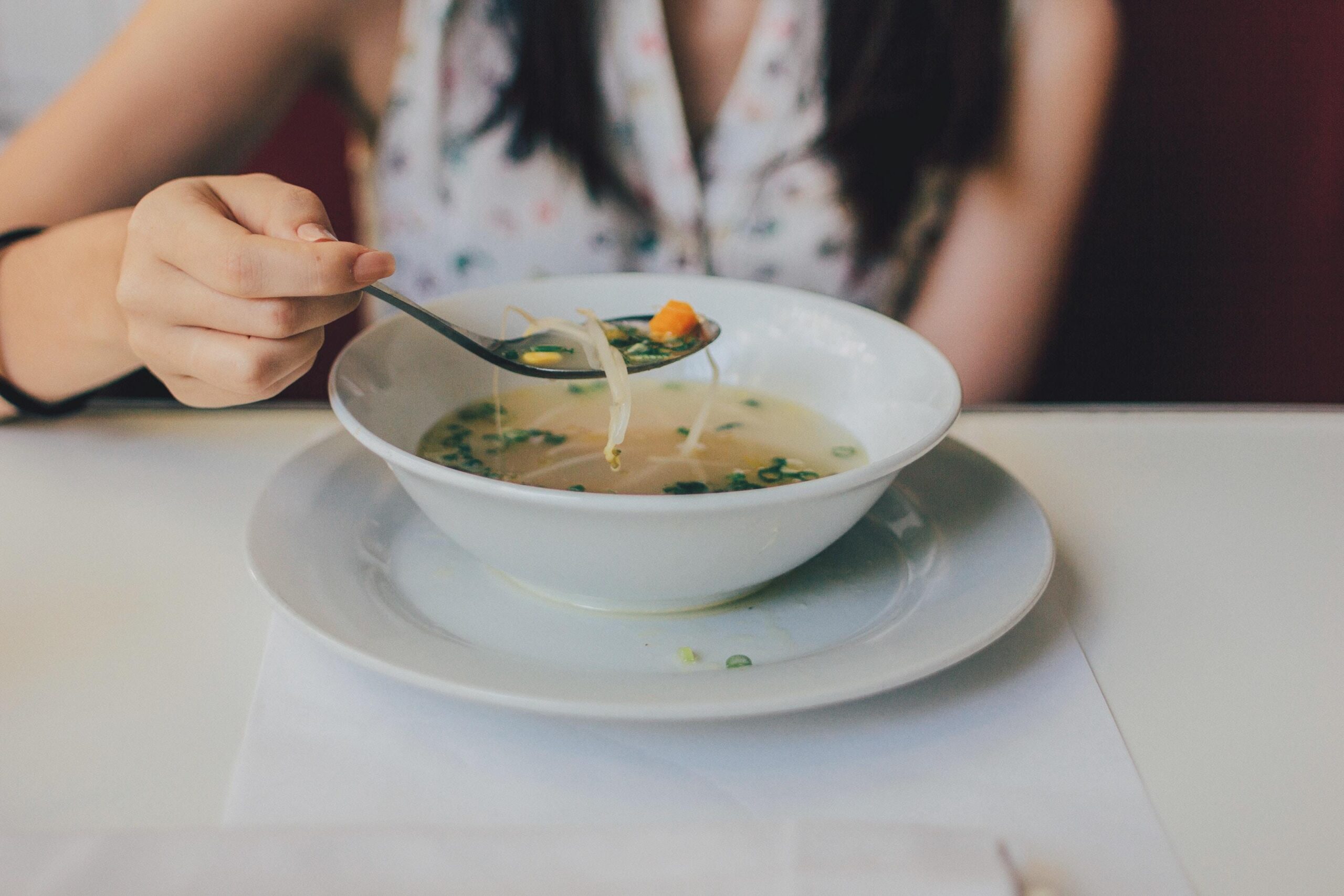The Yogic Diet: How to Eat like a Yogi

The practice of yoga seeks to harmonize the body, mind, and emotions so we can establish ourselves in a transcendental state of consciousness. Because our physical body is at the gross, anatomical level, the process of transcendence begins with the body. If the body is not stable, balanced, and healthy, it is very difficult for the mind and emotions to follow suit. Hence, the body needs to be in the right state or condition for us to advance on our path of yoga or inner journey.
It’s therefore no surprise that eating is one of the most important acts for our yoga practice; nourishing the body is a foundation for balancing the mind and emotions.
Following a yogic diet will make it much easier to achieve a balanced, calm mind. But what does it mean to nourish your body rightly? Just how do you eat like a yogi?
The Yogic Diet promotes fresh, wholesome, simple, nutritious food following Sattvic and Ayurvedic principles. The main principles to consider when following the Yogic Diet include:
Quality of Food
For a Yogic Diet, the first thing to remember is that food should not create excitement; it should not be intoxicating (yes, that includes alcohol!), and it should not be heavy. You should not feel heaviness or drowsiness after your meals. If you feel heaviness or drowsiness, then you have not eaten rightly. Lastly, food should be non-violent, so vegetarianism is a must in a yogi’s diet.
Quantity of Food
Our body is made of chemical elements. Food is nothing but the combination of chemicals (i.e. proteins, vitamins, minerals, fats, carbohydrates, and water). Each and every food has its own effect on the chemicals of the body. If a person takes too much of one type of chemical, the whole body will become intoxicated. However healthy the food may be, the chemistry of the intoxication will affect your body, which will create an imbalance in your mind. Therefore, food should be taken in the right quantities, enough to nourish, but not so much to become an intoxicant.
Time of Consumption
It is recommended to eat at the same time every day. The body has cycles, and functions best when these cycles are regular and steady. Keep in mind that food takes about 12 hours to digest. Avoiding food two hours before exercise and before sleep will give proper time for digestion, better quality of sleep, and sustained energy throughout the day.
But nutrition is not the only consideration yogis have when it comes to their diet. In fact, yogis give equal importance—if not more importance to their attitude towards food.
Many physicians throughout the world would agree that most of our diseases are due to a wrong diet. However, often times it is not the diet that’s wrong—it’s the attitude towards our diet that creates the problem. Rather than nourishing us and keeping us energized and healthy, our food is creating sickness due to our attitude.
Here are the principles that yogis follow in maintaining a healthy attitude towards food:
Awareness
Every person has a unique body chemistry; your daily food consumption reflect the needs of your own individual constitution. But how can one determine what food, and how much of it, is right for their body?
To understand the constitution of your body and your dietary needs, a great awareness is needed. While doctors, nutritionists, health experts, dietitian, etc. can certainly give you guidance and suggestions for your individual diet, it is up to you to take responsibility for your own needs.
The yogi should therefore be aware and conscious about his/her eating. It is necessary for a yogi to remain aware of what he/she eats, how much he/she eats, and the effects of the food on his/her body.
If one experiments for a few months with awareness, they will certainly find out which is the right food for them, which food gives them tranquility, peace and health and which food intoxicates and creates imbalance.
State of Mind
Believe it or not, the state of mind when we eat is much more important than what we eat. Food will affect you differently if you eat joyously, happily, or if you eat when you are filled with sadness and worry. If you are eating in a worried state, even the best food will have a toxic effect. And if you are eating with joy, then it is possible that sometimes even poison may not be able to have its total effect on you! The more happily, joyously and the more relaxed you can take your meal, the more your food will be the right food.
On the body level, the right food should be healthy, non-stimulating and non-violent; on the psychological level the mind should be in a blissful, graceful and joyous state; and on the level of the soul there should be a feeling of gratefulness and thankfulness when consuming. We should have a feeling that, “because today food is available to me, I have been given one more day to live—for that I am tremendously grateful.”
For this at least, a feeling of thankfulness, of gratitude, should be there in one’s heart. We are eating food, we are drinking water, we are breathing – we should have a sense of gratefulness about all this. Towards the whole life, towards the whole world, towards the whole universe, towards the whole nature, towards the Divine—there should be a feeling of gratefulness.
This is the true Yogic Diet. Enjoy!


